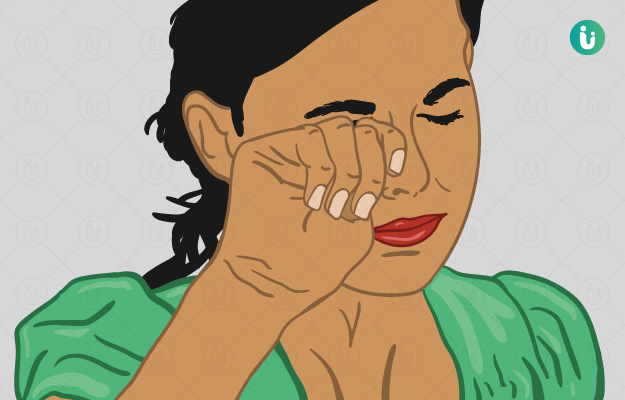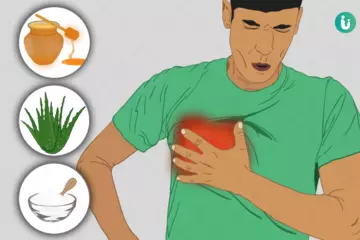Summary
Depression is one of the most common health issues across the globe. In ancient times, depression was known as melancholia and wasn’t a well-known mental health issue. The incidence of depression has increased over the last few decades and so has the awareness about the illness. In recent years, depression has been known to affect not only the adults but children as well. The increasing incidence of depression makes it even more important that the condition should be diagnosed and treated at the earliest.
In medical terms, depression is described as a mood disorder. Symptoms of depression include negative thoughts, social withdrawal and persistent sadness. Depression can have different types such as postpartum depression (following childbirth), dysthymia (persistent mild depression), seasonal affective disorder, and bipolar disorder. Clinically, depression has four stages. As the disorder progresses, it can interfere with a person’s ability to function effectively. In such a scenario, there are several intervention techniques that can help. Seeking professional help from a psychiatrist or psychologist is an effective way of coping with depression. There are several self-help tips as well which work effectively as coping strategies. Since there is a considerable social stigma that surrounds issues of mental health, people with depression may find it difficult to address the problem and seek professional help. Increasing awareness of depression will encourage people to come forward without any hesitation rather than attempting to deal with it alone.

 Doctors for Depression
Doctors for Depression  OTC Medicines for Depression
OTC Medicines for Depression
 Depression articles
Depression articles News for Depression
News for Depression
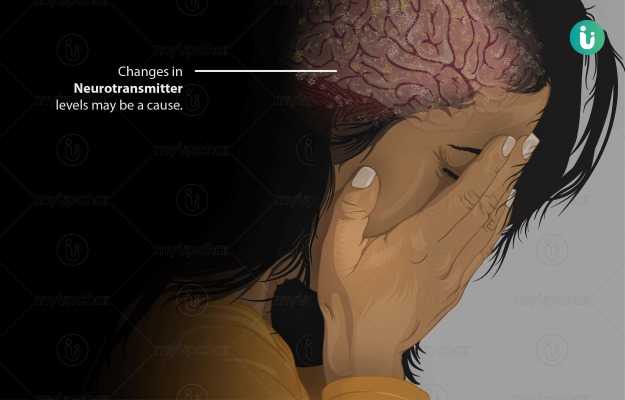
 Ayurvedic Treatment of Depression
Ayurvedic Treatment of Depression
 Homeopathic Treatment of Depression
Homeopathic Treatment of Depression






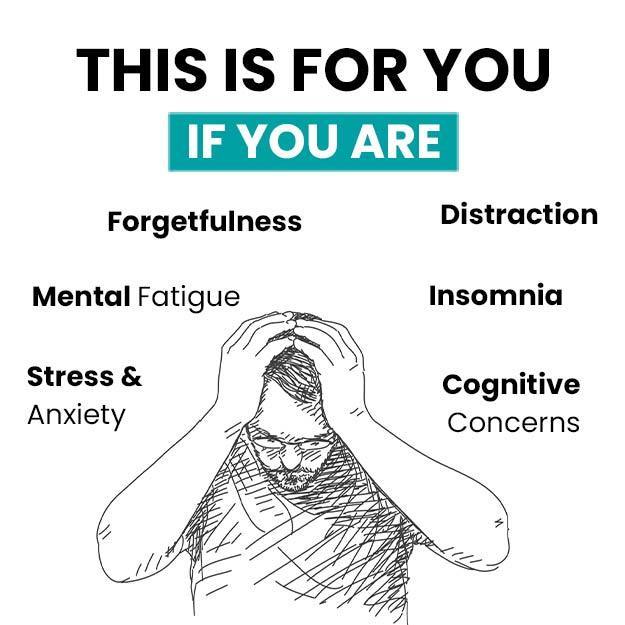



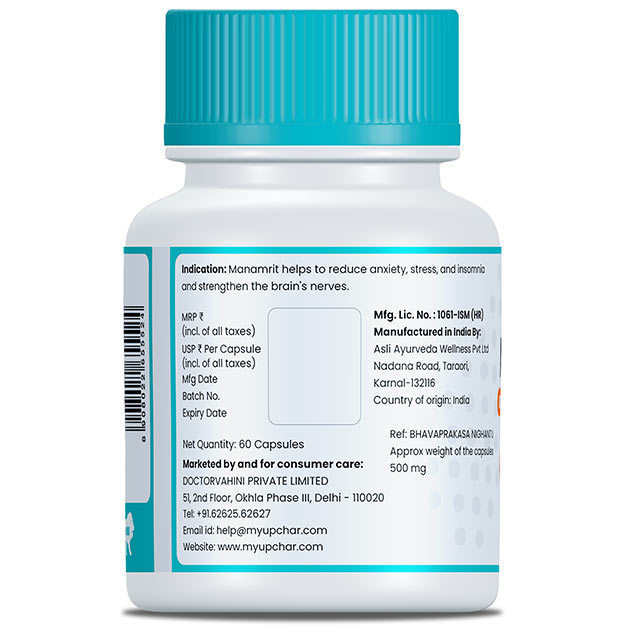
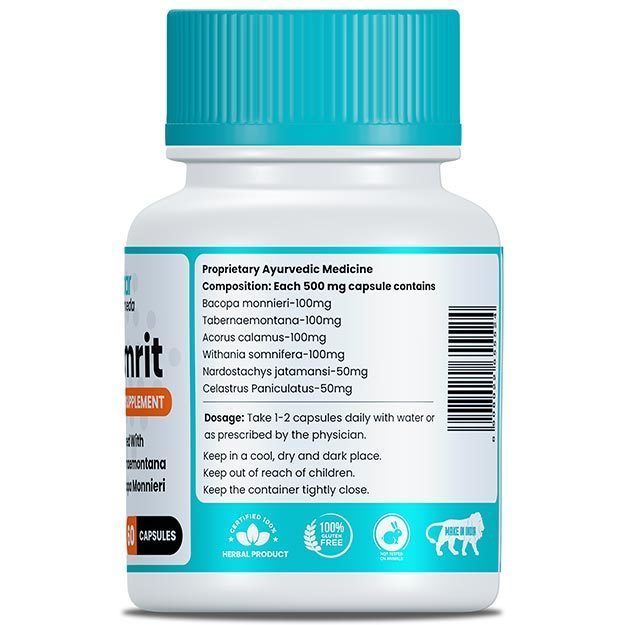



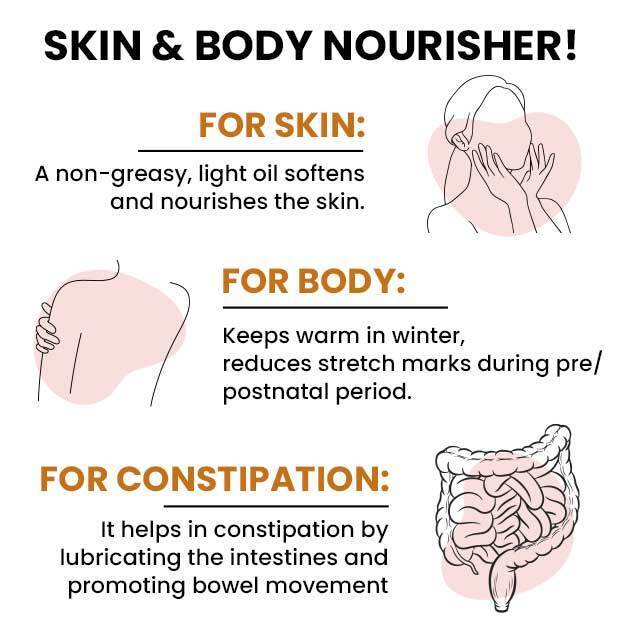
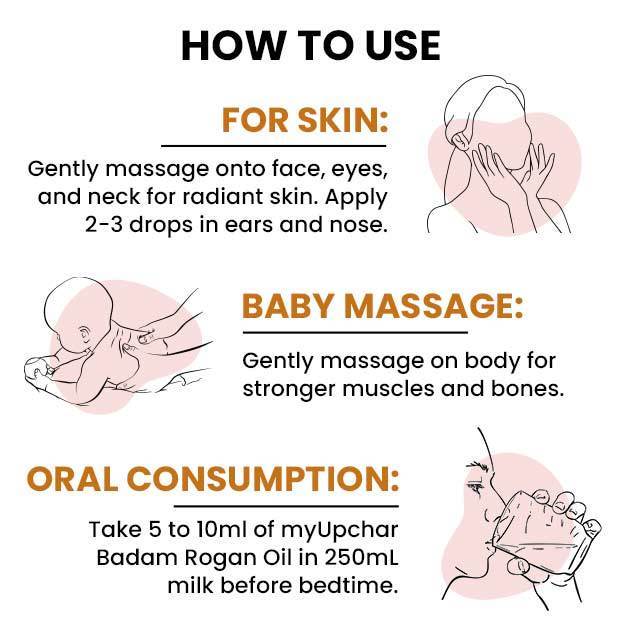



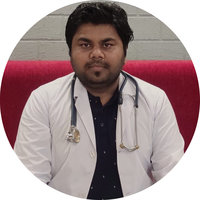




 Editorial Team
Editorial Team



 Dr. Nadheer K M (AIIMS)
Dr. Nadheer K M (AIIMS)

 Dr. Rachita Narsaria
Dr. Rachita Narsaria

 Dr. Laxmidutta Shukla
Dr. Laxmidutta Shukla
